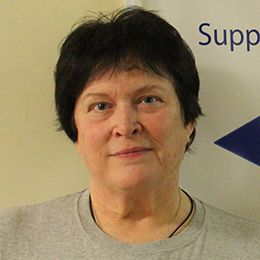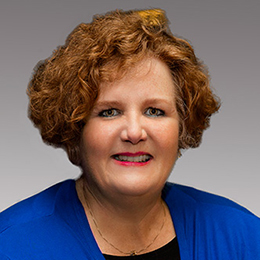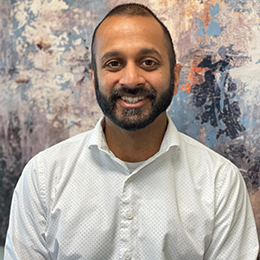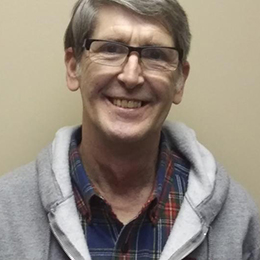YOUNSGTOWN, Ohio – Everyone has had to manage the extra stresses brought on by the coronavirus pandemic. We’ve seen our routines and habits upended and, in their space, uncertainties have crept in. Mental health professionals report they’ve seen more people seeking treatment for depression and anxiety than ever before.
But for those whose job it is to help others manage their mental health, the pandemic has brought extra burdens. Not only do they have to worry about their own well-being and dealing with the same stresses as the rest of us, but they also have to support clients through some of the toughest periods of their lives. Combined with an increased demand for services and a shortage of workers, professionals who work in mental health and recovery are facing burnout as never before.
For our stories on mental health and addiction services, we ended every interview with a simple question: “How are you holding up?” Below are some of the answers we got from the professionals guiding others through the pandemic.

Hope Haney, executive director, National Alliance on Mental Illness-Mahoning Valley
I had a particularly difficult time last year. My significant other died of COVID and I lost three of my four dogs. It was an incredibly difficult year. I got through with support from friends and being able to lean on co-workers until I got my feet on the ground again. It all comes back to social connection, even if it’s just texting someone. That can be hard when the thing we’re all supposed to be doing is staying away from each other.

Carolyn Givens, executive director, Neil Kennedy Recovery Center
A core of who I am is my faith. I believe that the more we concentrate on the positives and bringing that into the world, the more positives are returned. We rise by helping others. And as long as I can keep that at the forefront of my mind, I can be at peace. I get anxious when I can’t keep people in care. I get anxious when I see the devastation for families – not just COVID, but when someone leaves us and overdoses. It’s heartbreaking. I spend a lot of time in prayer and talking to others in the field who are also going through this.

Nikunj Patel, chief behavioral health officer, Meridian HealthCare
It’s a different type of challenge. We provide so much support to each other. We have a tight-knit team who can lean on each other. … I’ve seen a lot of people leave the field because it’s too much to try to take care of themselves and other people. It got to a point where it was just a lot of responsibility. I wouldn’t question anybody who felt some of that weight over this time. It’s like nothing we’ve ever experienced before. So if you needed to step away, I respect that. They understood what they needed to do to heal themselves.

Tom O’Donnell, program therapist, Valor Recovery Center
It’s difficult when you lose people. You have to do a lot of self-care. You have to learn you can’t save everybody. Some people don’t want to be saved. But reaching out to other people really helps. Even just reaching out to friends is therapy. It may not be a professional, but you’re talking about your problems. And if it’s a problem for you, it’s a problem for me. I don’t care if it’s small or not because we all have problems.
